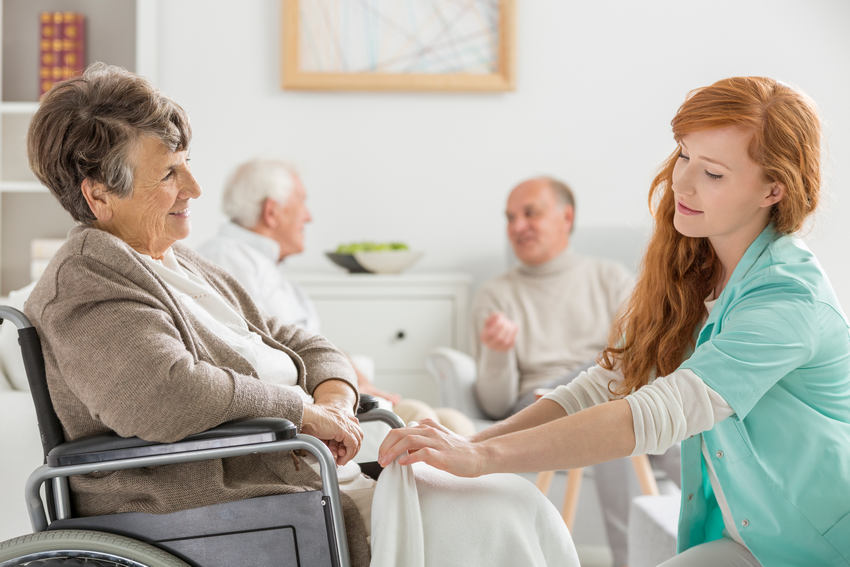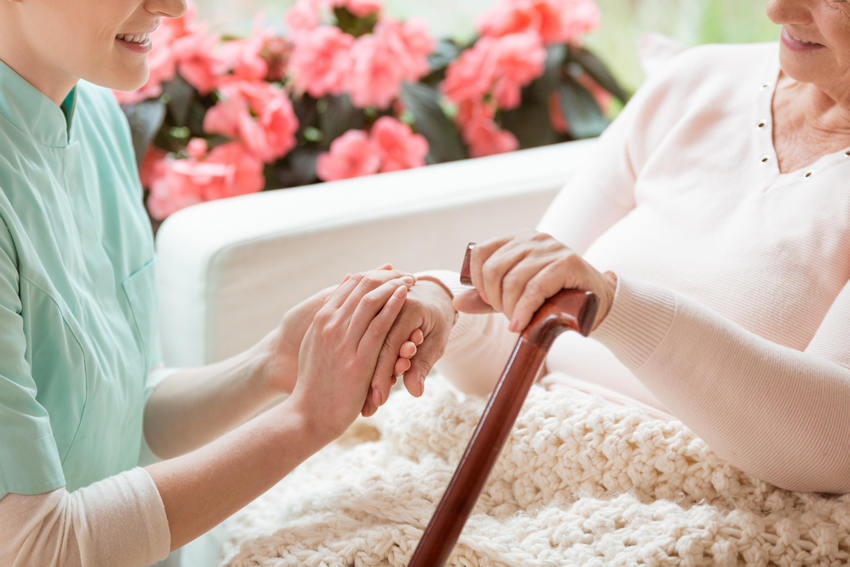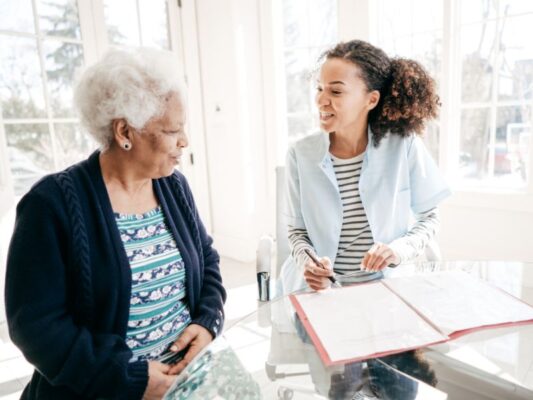
Being a caregiver is a wonderful thing. It’s a role in life where you get to give back and support your elderly family and friends in need.
But, that awesome feeling of helping a loved one can come with a price – if you’re not careful. Caregiving takes a lot of time, energy, and emotional power. It can really take a toll on you, if you don’t take time to care for yourself.
It’s important to check in with how you’re doing, every now and then, and make sure you’re not getting overwhelmed. And, in moments when you do feel like things are just too much to handle, reach out and ask for help.
Asking for help is the best way to relieve the stress of caregiving.
Here’s the 411 on who, when, and how to ask for help as a caregiver:
Who to Ask
Needing some extra help is natural and normal. And, if you ask the right people, they should be more than happy to lend an extra hand! If you’re looking for someone to take over for you for a day or so, try asking friends and family. Don’t get discouraged if you don’t get a ‘yes’ on the first call you make – they might just be busy! Keep calling until you find someone available and willing to help.
If you’re having doubts about how to care for your elderly, try asking a professional caregiver for tips and tricks. Or, if you need someone to help out with the daily tasks of caregiving on a regular basis, try calling a home care agency for experienced helpers. Having someone take care of the routine tasks of caregiving can be a huge life saver and stress reducer. Plus, it can give you that much needed extra time to finally take care of yourself.
When to Ask
You don’t have to take everything on by yourself. When you’re feeling worn down take a break! In fact, it’s best to take a break before you start feeling worn down. Keeping yourself refreshed and energized will help you to better care for your elderly, and we can bet your elderly will love seeing you happy.
It can be stressful on a relationship when you’re exhausted and the other person knows it’s because of all that you do for them. Taking time to care for yourself will not only improve your own productivity, but will also improve your relationship with your elderly.
How to Ask
When asking for help, it’s important to give clear, specific instructions. Plainly state what you want done and how you want it done. Making lists and writing things down is always a good way to make sure the helper knows exactly what to do.
It can also be useful to have the helper shadow you for a day or so, to get an idea of how you and your elderly like things done.
And always remember: there’s no shame in asking for help!




